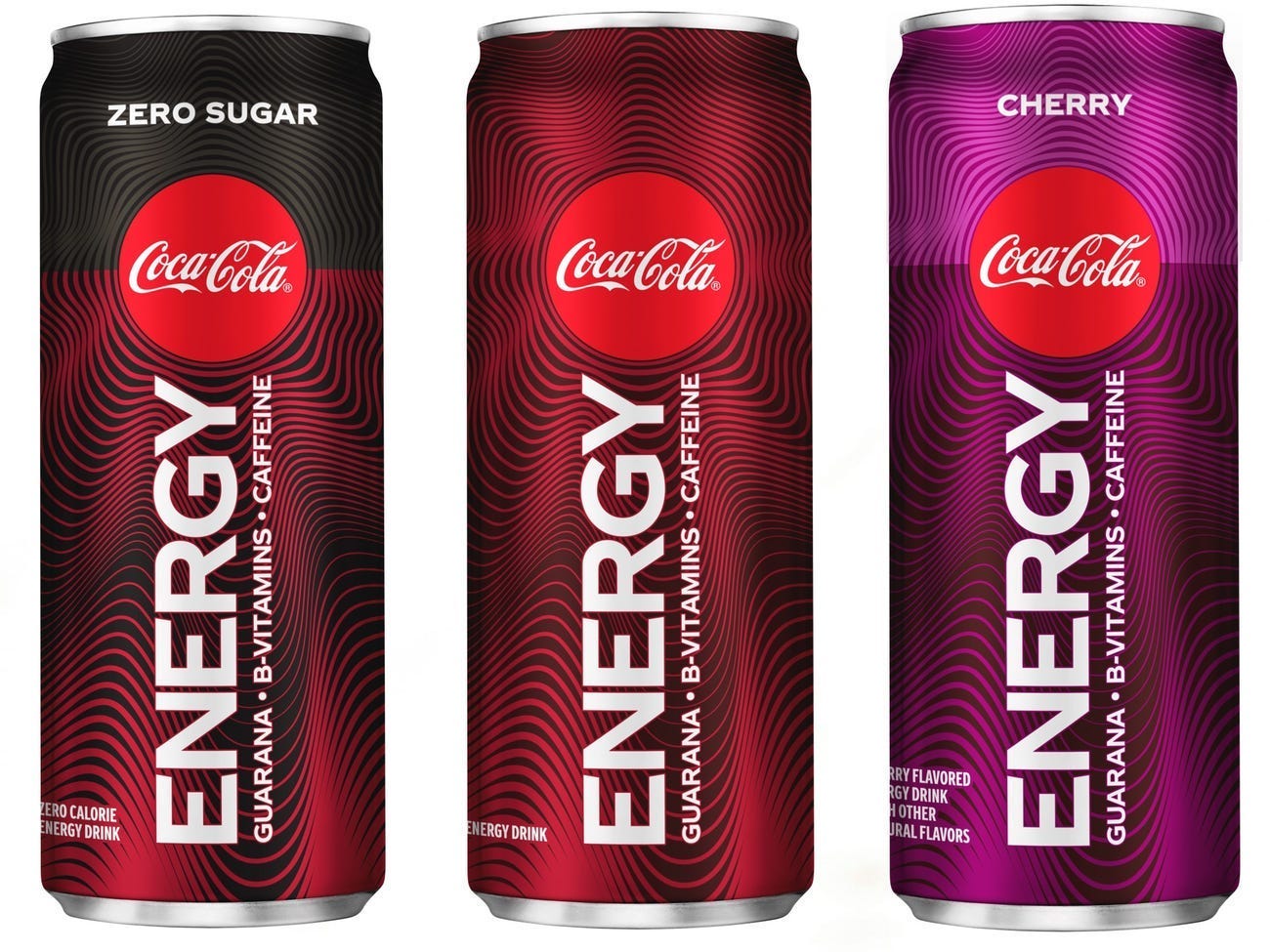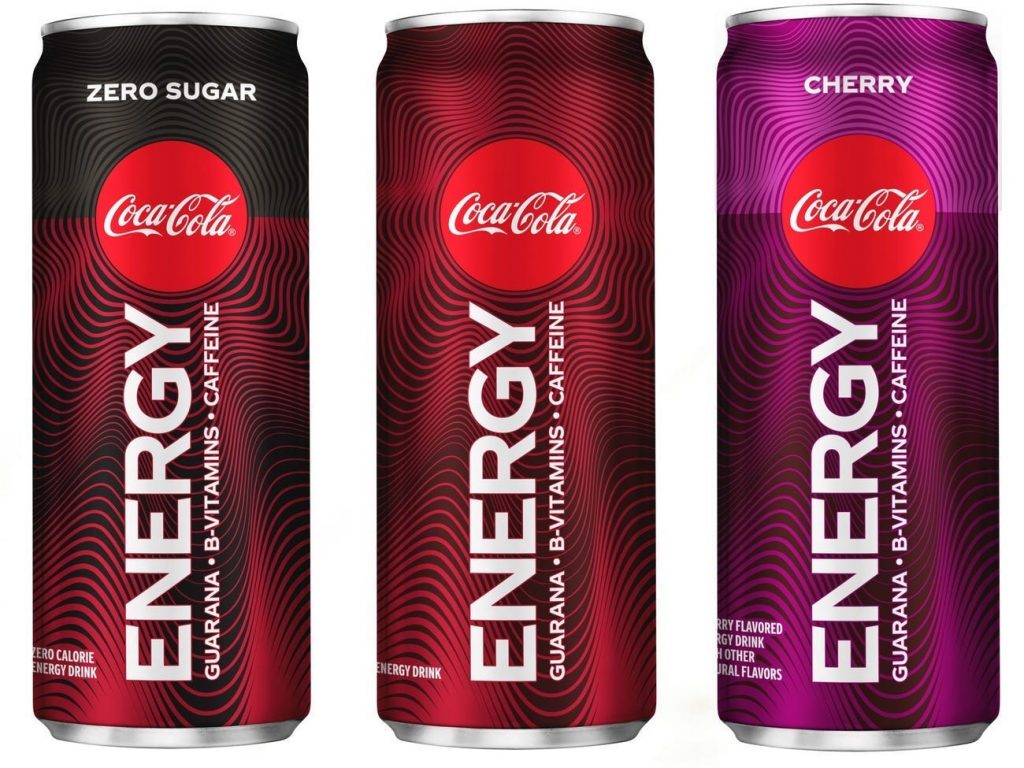
Coca-Cola
- Coca-Cola said it would stop selling its energy drink in the US and Canada by the end of 2021.
- It launched Coca-Cola Energy in the US in January 2020 as a push into the growing energy-drink market.
- The company shed multiple slow-selling brands in 2020, including Tab, Zico, Odwalla, and Diet Coke Feisty Cherry.
- See more stories on Insider's business page.
Coca-Cola said Friday it would discontinue its energy drink in North America, a product it launched last year as it pushed into new drink categories.
Coke Energy, made with guarana extracts and B-vitamins, was launched in the US in January 2020 after rolling out in around 25 other countries first. The drink had more than three times as much caffeine as a regular can of Coke, and cost more, too.
Its launch was the first time that Coke sold a beverage that wasn't soda under its iconic flagship brand in the US.
Coca-Cola Energy will remain on shelves in other parts of the world, the company told Reuters, but told The Wall Street Journal that US and Canada sales would stop by the end of 2021.
"Our strategy is focused on scaling big bets across a streamlined portfolio," a company spokesperson said.
"As we scale our best innovations quickly and effectively like AHA and Coca-Cola with Coffee, we need to be disciplined with those that don't get the traction required for further investment," they added.
Coca-Cola still holds a majority stake in Monster, one of the top energy-drink makers in the US.
Rival PepsiCo, meanwhile, has ramped up its presence in the category with the purchase of Rockstar Energy, launch of fruity flavors of Mountain Dew, and a new version targeting morning consumers.
On Thursday, PepsiCo unveiled an advertisement to promote its new drink Mtn Dew Rise Energy featuring NBA star LeBron James, a former Coca-Cola endorser for nearly two decades.
Coca-Cola said in October that it was removing 200 of its brands - or around half. It shed multiple slow-selling brands in 2020, including Tab, Zico, Odwalla, and Diet Coke Feisty Cherry.
Coca-Cola's revenues are dominated by its biggest brands, such as Coke, Sprite, and Fanta. More than half of the company's brands collectively generate just 2% of its revenue, Quincey said in July.
